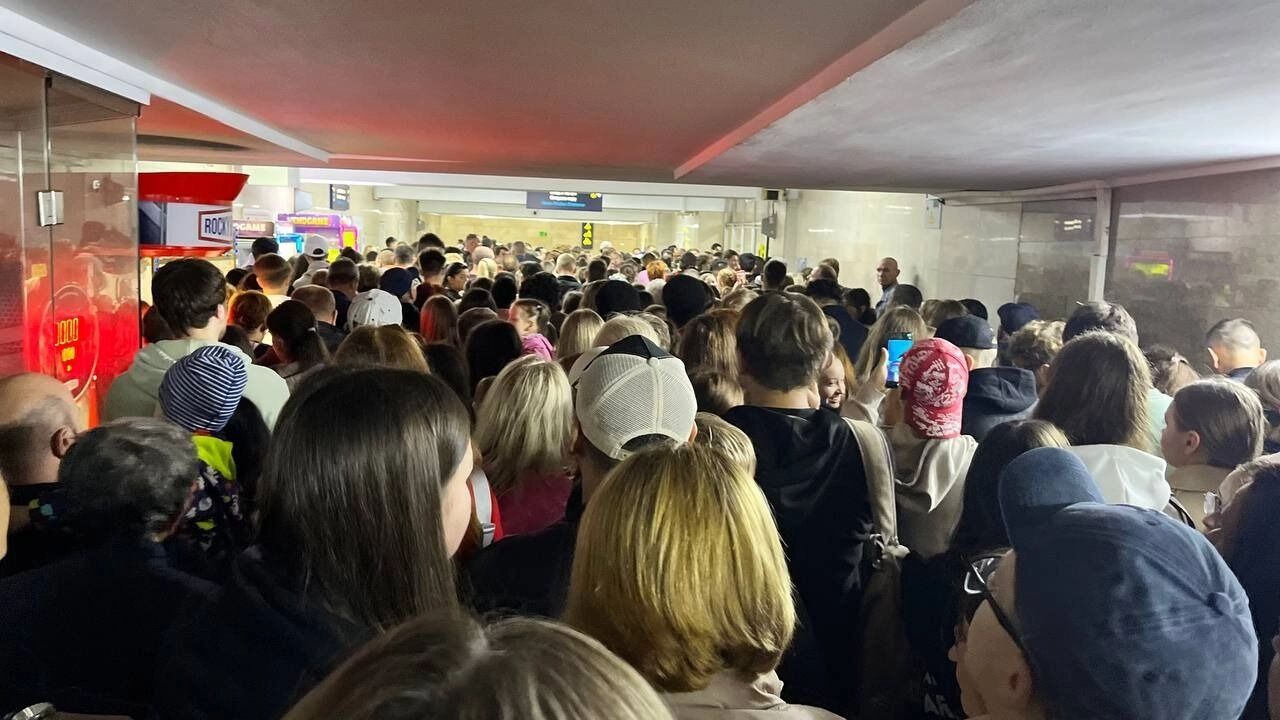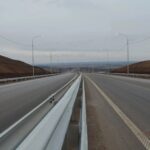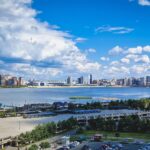The past week felt more like a festival: no sooner had the « New Wave » event ended and guests departed, than the streets of Kazan were filled with residents celebrating City Day. How the capital of Tatarstan handled the event agenda and what its residents are now forbidden to talk about is covered in this material.
Kazan’s 1020th Anniversary: How the Celebration Went
This August 30th passed without grand openings or ribbon-cutting ceremonies: the Kamala Theater, costing 30 billion, had already opened its doors in the winter (though it was supposed to last fall), and the deadlines for the completion of stations on the second metro line were postponed to the future.
The highlight of Kazan’s 1020th-anniversary celebration was the event program. The main concert, followed by fireworks, took place at the « Bowl » (Chasha). It seems the city administration did not anticipate the event would be so crowded: queues formed both at the entrance and exit, and nearby streets were congested even before the fireworks.
Overall, it was the organization of transportation that drew criticism from residents: people complained about a lack of parking, leading to chaos in areas adjacent to the celebration venues. Leaving the main celebration area also proved to be quite an adventure—entry to the metro was controlled and limited.
As for the concert, judging by the turnout, the choice of artists this time fully pleased Kazan residents—both the youth and the older generation. Residents and guests of the capital (and there turned out to be many) were able to hear Tatyana Bulanova and the « Turetsky Choir. » The singer, by the way, brought her team of dancers to Tatarstan, who repeated their choreography to the hit « One Day. » Mikhail Turetsky.
How Much Did « New Wave » Cost and Will It Stay in Kazan
The producer estimated the cost of holding the « New Wave » festival in Kazan at a significant amount. A publication, citing its own sources, reports that part of this sum came from the organizers’ investments, ticket sales, and TV broadcast revenues, part was provided by sponsors, and the rest was allegedly contributed by the authorities of Tatarstan.
Incidentally, the same producer mentioned that many artists perform at festivals for free. That’s why his wife Valeriya was not at « New Wave. » Or, as representatives of the show business say, stars sing in exchange for payment of travel and accommodation. Meanwhile, ticket prices for the festival reached exorbitant heights, which drew criticism from some viewers.
It is still unknown whether « New Wave » will remain in Kazan permanently—the festival was previously held in Sochi, and before that, in Latvia. During the event in Kazan, there were those who criticized moving the event to « provincial Kazan. » There were critics of the festival’s high costs, and Kazan residents who suffered from the noise of the « Wave. »
The absence of representatives from Tatarstan on stage, even among the contestants, was separately discussed. Krutoy himself, while praising the warm Kazan reception, explained this by saying that the regional pop scene lacks sufficiently famous names that could boost TV ratings and be interesting to viewers across Russia. In short, for Tatar singers to get on the festival stage, they need to become federal stars.
The invited stars seemed to enjoy everything, despite some organizational issues. They stayed in hotels of various calibers—from TASIGO Kazan Palace to « Mirage »—were fed products from « Bakhetle, » and praised the local cuisine. Although food prices at the festival venue itself were high. And, of course, they took away souvenirs and shared warm impressions.
The event organizer said that whether « New Wave » remains in Kazan depends not on the organizers but on the regional authorities. On one hand, for Tatarstan, it is an image project—pop stars advertised Kazan on their social networks. On the other hand, much probably depends on how significant a sum will need to be invested in the festival.
Discussions about introducing fines in Tatarstan for publishing photos and videos of drones and their targets emerged in early August. Such practices exist in several Russian regions, for example, in Leningrad, Kursk, and






